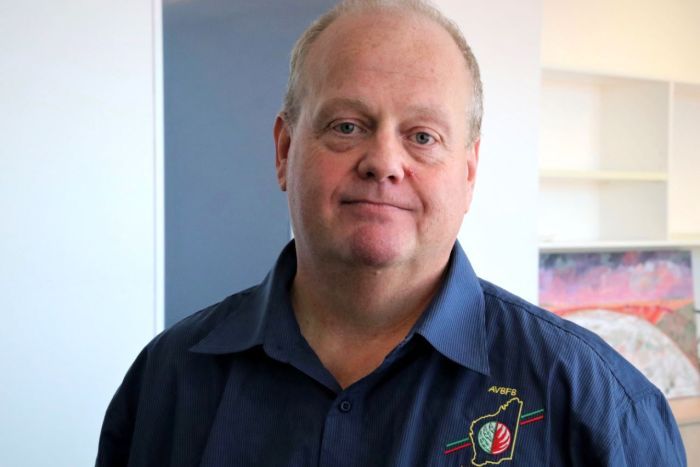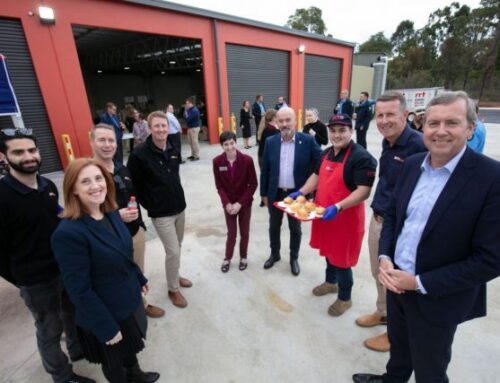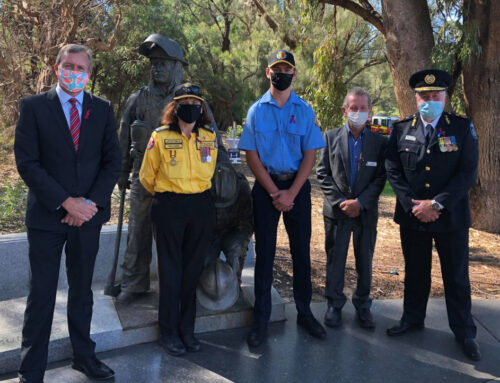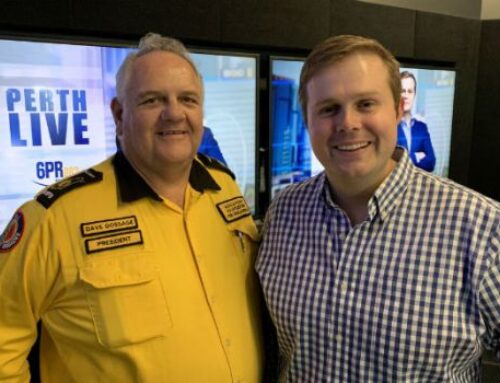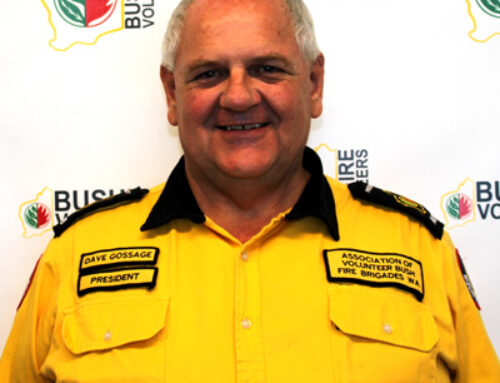The following letter to the editor was published in the Albany Advertiser 23 July 2020
The Member for Warren-Blackwood Terry Redman quite rightly raises concerns about the new addition to the Department of Fire and Emergency Services Code of Conduct prohibiting volunteers from communicating with any members of Parliament about “departmental business” (No ‘gag’ on our volunteer fireys, The Extra, July 10).
Bushfire Volunteers is appreciative of the volunteer/s who evidently raised the issue with Mr Redman and, frankly, encouraged by the member’s enthusiastic call for a less punitive approach to our invaluable unpaid essential services personnel.
However, as the peak body that has represented the 20,000 women and men of WA’s biggest emergency service for almost 29 years, we know the root of the problem is a clash of cultures, and that issue has been around for a lot longer than this Government.
Indeed, back in 2011 the Keelty review into the Perth Hills Bushfire that destroyed 71 homes and damaged another 39 noted: “It is regrettable, but it is a fact, that some witnesses feared retribution from those in authority for having assisted the Special Inquiry.”
As well as absolutely demonstrating the need for an effective code of conduct to control the megalomania of some of “those in authority”, this statement serves as an important reminder that the worst aspects of the department’s “command and control” culture have long been at the heart of its poor relationship with volunteers.
To be fair, the McGowan Government did take power on a promise to fix the disastrous relationship the State had with many of our volunteers, and has radically increased the amount of money and rhetoric splashed around in pursuit of that goal.
Not to put too fine a point on it, the Department of Fire and Emergency Services was being given around $317 million a year in emergency services levy when this Government took office.
After increasing the ESL several times since then, the fund — created exclusively to pay for frontline services — now collects $88m more each year.
Unfortunately, as no real surprise to those with some experience in government, the resulting cash-splash that has been supported by so many “look what we did” media statements and YouTube videos has been more a boon for office equipment suppliers than it has any real benefit to those at the coalface.
When FES Commissioner Darren Klemm was promoted into his current role, he asked us for a list of low-hanging fruit — things he could make happen quickly to improve his department’s relationship with volunteers. We suggested the new commissioner could fix both issues by funding our association to liaise with disaffected volunteers to help build a bridge with DFES.
That idea was taken up by the commissioner, but instead of investing in independent volunteer representation, he bought a bunch of desks for his Cockburn office, increased the department’s overheads, and started telling everyone he had solved the problem of volunteers not being listened to.
But let’s be very clear, empire building isn’t new — especially among the ruling class. Since the Middle Ages, those with buckets of money have built castles around their assets and thrown rocks at anyone who dared approach.
The code of conduct is an instrument to help the owner of the castle justify throwing anyone who dares to disagree over the wall when necessary.
The only problem for DFES is that it relies on many more soldiers outside the castle walls than inside.
Fast forward to last week and, when asked if volunteers were consulted about the changes made to the DFES Code of Conduct, the answer given in Parliament was: “There is no requirement to consult volunteers in the formulation of the code of conduct”.
It is well past time for government departments to acknowledge genuine collaboration and flexibility is far more cost-effective than spending taxpayers’ money on bigger castle walls and heavier drawbridges.
Darren Brown
Executive Officer
Bushfire Volunteers

